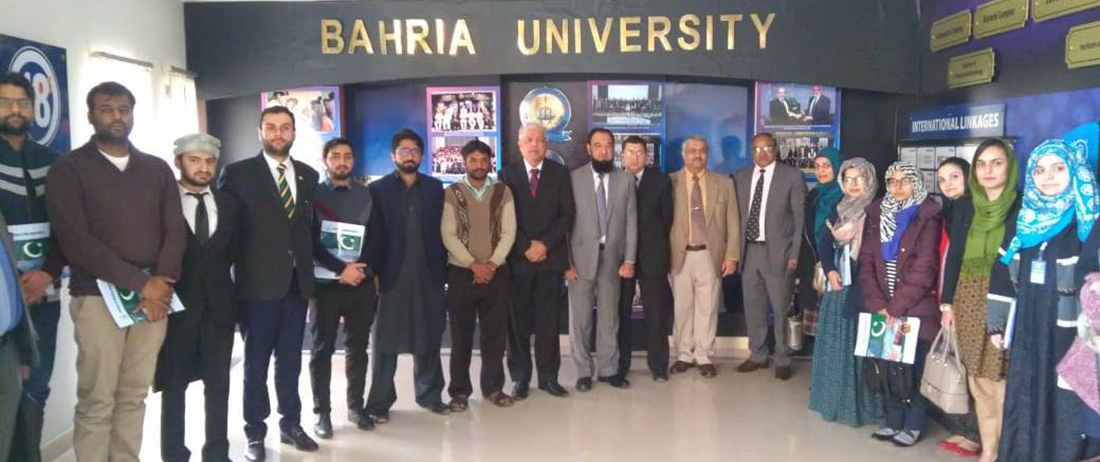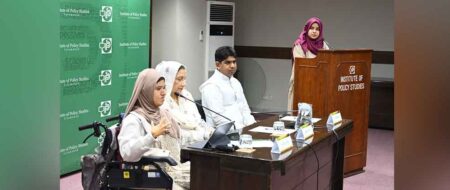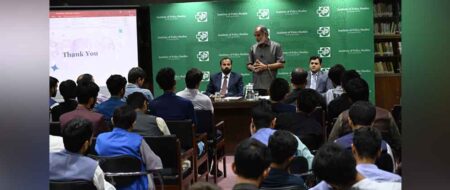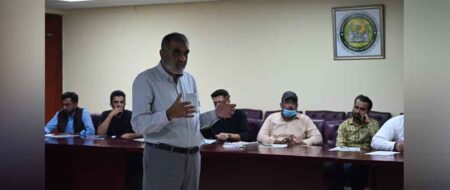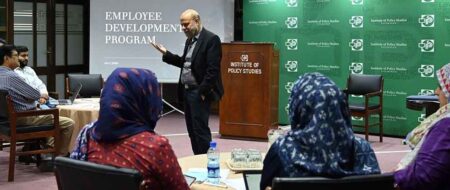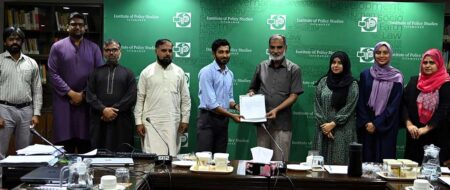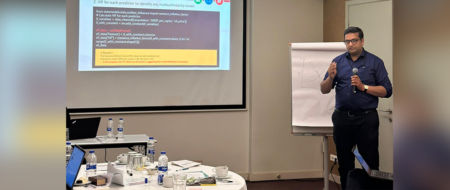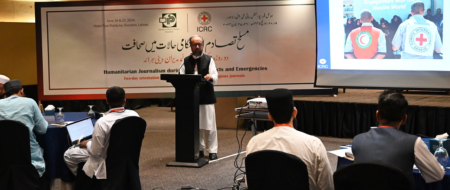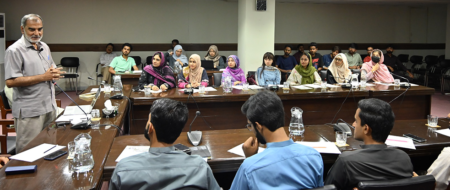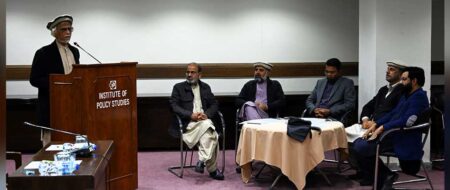Brainstorming Research Ideas in Maritime Affairs
A workshop titled ‘Brainstorming Research Ideas in Maritime Affairs’ was organized by IPS LEAD – the learning, excellence and development program of Institute of Policy Studies (IPS) – in collaboration with National Institute of Maritime Affairs (NIMA) on January 3, 2019 as part of the former’s ‘Indigenizing Policy Research in Pakistan’ Initiative.
The workshop was facilitated by Dr Najam Abbas, senior fellow at the East-West Institute in London, who gave a detailed presentation highlighting various issues and hindrances being faced by the maritime sector of Pakistan while suggesting alongside some insightful ideas for catering those issues and bringing much-needed improvement to this important area. In addition, the expert also identified various functional themes, such as maritime tourism, renewable energy, aqua culture, biotechnology, mining, etc., which if focused, had a potential to uplift the country’s faltering economy.
DG-IPS Khalid Rahman, in his keynote address, expressed his discontent that an area as important as the maritime sector had not been properly exploited as yet. He said that the emerging researchers and scholars in Pakistan were rather inclined towards following western footprints by focusing on international issues instead of the national ones, while emphasizing on the need of indigenization of policy research in Pakistan so that the yielded output could be beneficial for the country as well.
Speaking on the occasion, DG NIMA Vice Admiral (retd) Sayyid Khawar Ali said effective policy planning in Pakistan’s maritime sector needs contribution from the academia in quality research work and availability of reliable statistical data.
Terming maritime sector as a vastly open field of study that needs to be explored and pursued, Commodore (retd) Babar Belal, director, NIMA lamented that there were a negligible number of scholars in Pakistan who have secured PhDs in this discipline. He however acknowledged that the area offered a big scope and potential for future, urging the emerging researchers and students to take the subject up for their research studies.
The workshop was attended by around 20 emerging research scholars from different universities of Islamabad and Rawalpindi.


